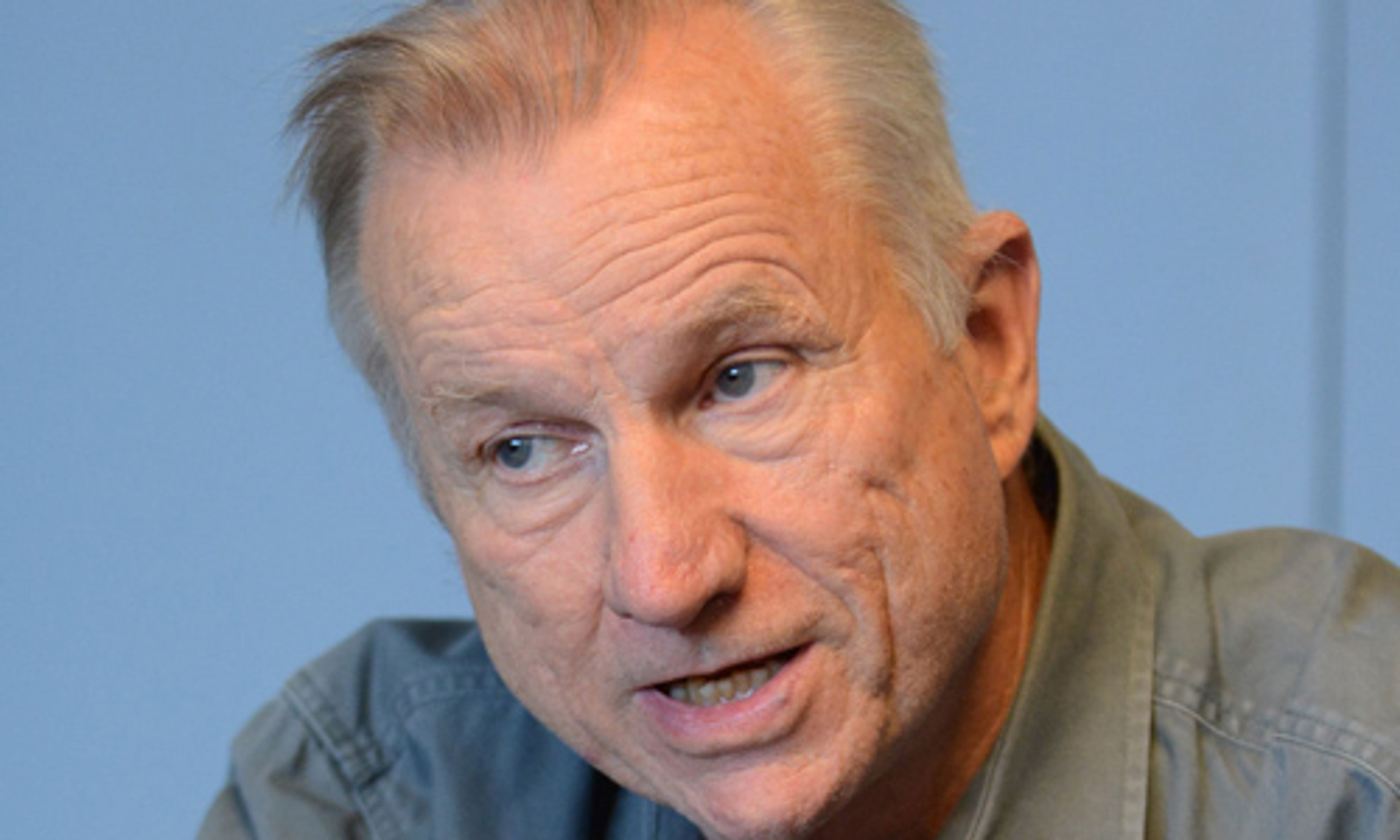OPINION: It’s time to reengage Idaho’s broad political center
Editorial: The Tribune’s Opinion
Idahoans have fairly consistent ideas.
They want their public schools properly funded.
They’re skeptical about raiding public education dollars from rural communities to subsidize private school tuition for urban residents.
The more they see women in crisis pregnancies unable to get proper medical attention in Idaho — and how physicians are fleeing the state — the more they’re open to moderating the state’s strict abortion ban.
Oh, and they like their librarians.
But here’s what they’re hearing from the people who won Tuesday’s Republican primary and are on the cusp of holding elective office:
“The right, the privilege and the responsibility to educate children belongs exclusively to their parents. Parents may choose to receive help from public, private and charter schools, or choose to educate their children at home. Regardless of their decision, this right shall not be infringed upon by the state.” — Brandon Shippy, of New Plymouth, GOP nominee for the state Senate.
“I’ll vote against sex change surgeries and drugs for children and push back against anti-American propaganda like so-called Critical Race Theory.” — Rob Beiswenger, of Horseshoe Bend, Republican nominee for the House.
“Families with elementary and secondary students should not have to choose between paying the mortgage and paying tuition.” — Clint Hostetler, of Twin Falls, Republican nominee for the House.
These people didn’t win an election by appealing to most Idahoans. All they needed to do was prevail among the small sliver of voters who showed up for the closed Idaho Republican primary election.
Tuesday, participation in the primary election dropped down to 24% of registered voters — most of whom voted in the GOP races.
It was even more dismal in Nez Perce County, where 19.3% of the county’s registered voters cast a ballot. Of those, 81.3% voted Republican.
And the trend has not been going in the right direction.
In the 2022 primary, 32.5% of voters turned out.
Two years before that, it reached 36.94% — in large part because the COVID-19 pandemic led then-Secretary of State Lawerence Denney to hold an all-absentee ballot election.
Not since 2016, when turnout hit 23%, have so many Idaho voters stayed home from a primary election.
Contrast that with what happens in the general election.
In 2022, 57.2% voted.
Two years before that, turnout reached 81.2%.
In 2018, it was 66.8%. And 75.86% of Idaho voters cast a ballot in 2016.
But Republican-leaning Idahoans — either by choice or because so many offices go unchallenged by Democrats — tend to treat the general election as a coronation for those GOP candidates who won their nominations in the spring.
As a result, a small, ideological fringe is writing the destiny of this state.
And that’s by design.
More than a dozen years ago, the partisan base of the Idaho GOP went to court and took your open primary election away from you. You could still vote in the GOP primary, but it meant publicly registering as a member of the Republican Party.
Disenfranchising the center worked as intended. Election after election, the right wing of the GOP has tightened its grip on power:
Four years ago, the hard-right could count three allies among the state Senate. Two years ago, that jumped to 11. Now it’s up to 13.
With a pickup of five seats in the House, the conservative right may be less than a dozen votes short of an outright majority.
Armed with name recognition, a strong record of accomplishment and a healthy campaign budget, Congressman Mike Simpson, R-Idaho, could manage no better than 54.65% against two relative unknowns. He did even worse in the Magic Valley, where he failed to get an outright majority in many of the population centers and actually came in second in Jerome County.
One or two more cycles like this and you can expect the Idaho Freedom Foundation to dominate the Legislature even more than it does now — with the predictable results for public education, Medicaid coverage and culture wars.
Simpson will be replaced by an ally of Rep. Marjorie Taylor Greene, R-Ga.
And your next governor will be Raul Labrador.
Or you can change the rules of the game more to your advantage.
Barring some unforeseen development, Idaho’s Nov. 5 ballot will include the Open Primary Initiative.
Pass it and the days of publicly declaring allegiance to any political party are over. Once more, how you vote will remain your own private affair.
The candidates who emerge with the top four highest tallies will advance to the general election. The outcome would be decided by a system of ranked-choice voting — now used in Alaska as well as 47 cities, including Seattle and Salt Lake City. Voters select their first, second and third preferences. Candidates with the fewest votes would be eliminated until one with a majority emerges.
Under such a system, coming in second — as Senate President Pro Tem Chuck Winder, R-Boise, did Tuesday — would entitle the candidate to appeal to a broader cross-section of Republicans, independents and Democrats in the fall campaign.
Likewise, a centrist lawmaker such as Rep. Lori McCann, R-Lewiston, would have more breathing room to represent her constituents, not the ideologues on the local GOP central committees.
All of which makes for a clear choice: Make the system more responsive to the vast majority of Idaho voters. Or continue to submit to minority rule. — M.T.








